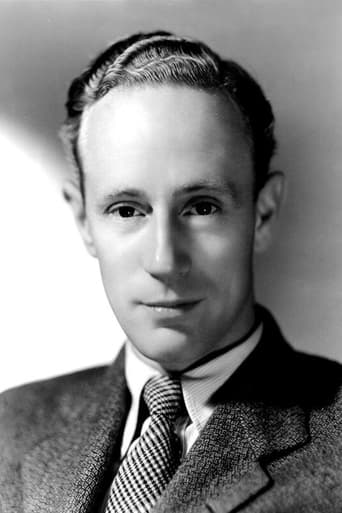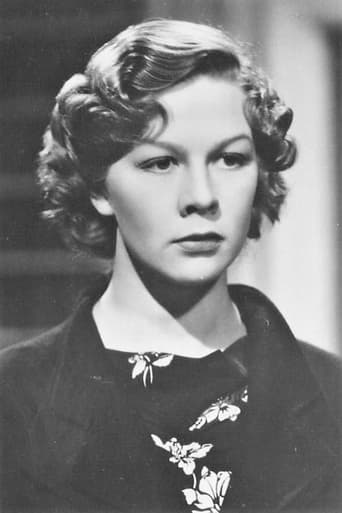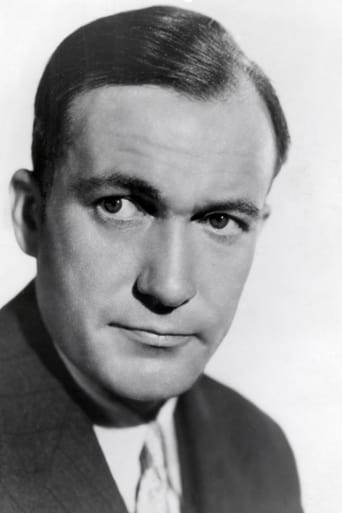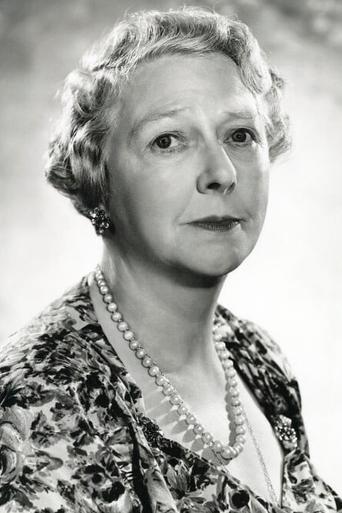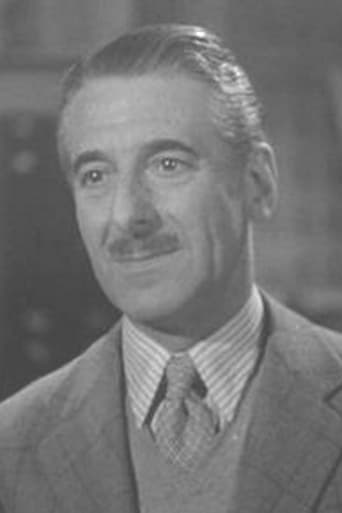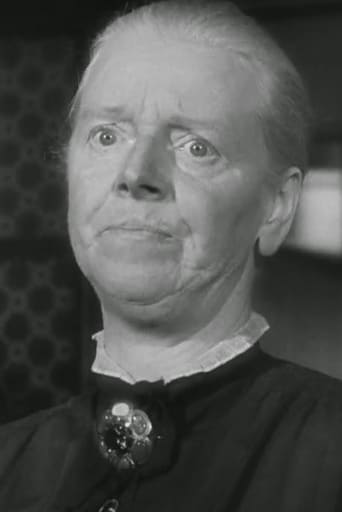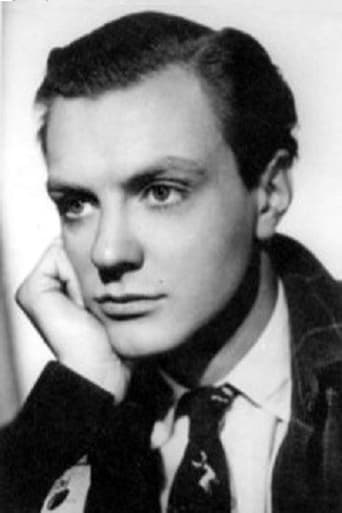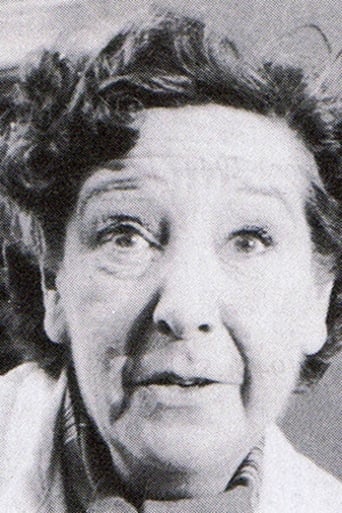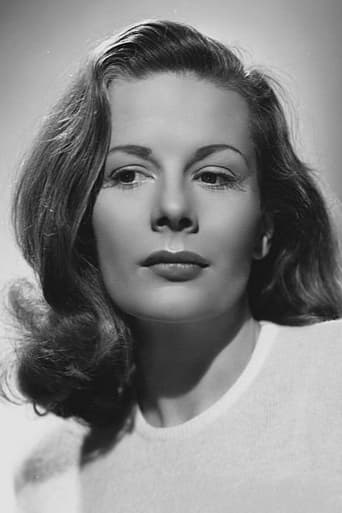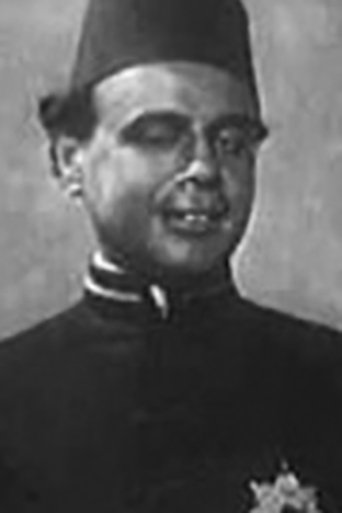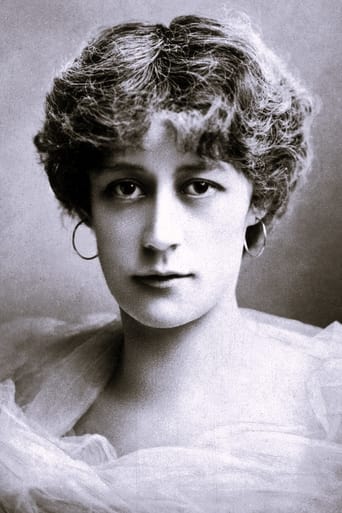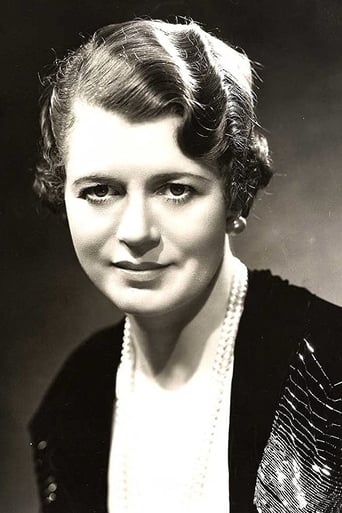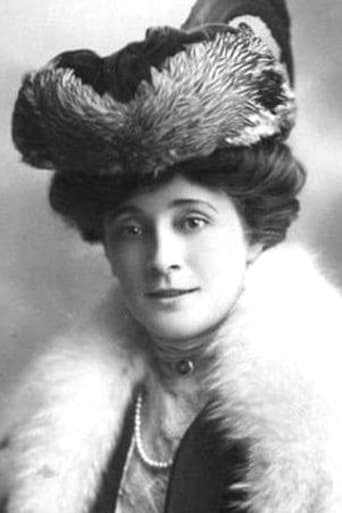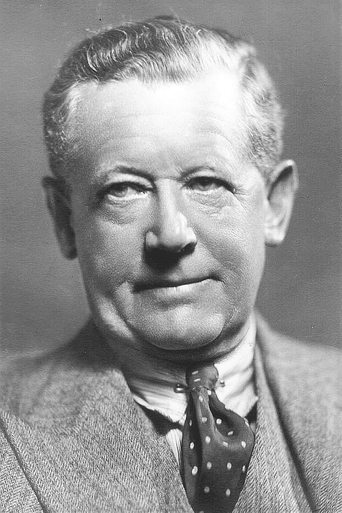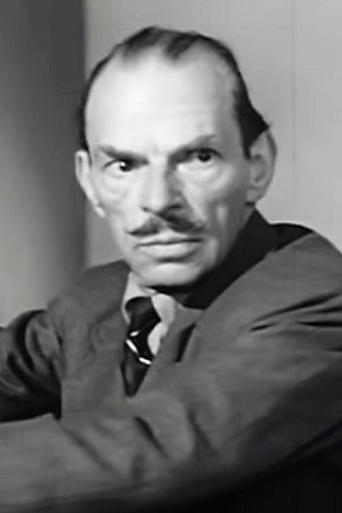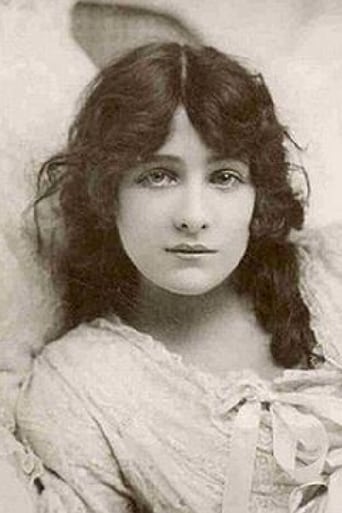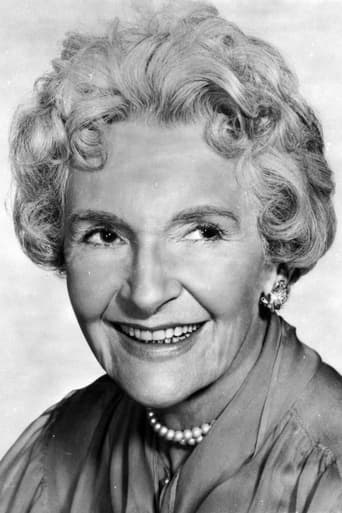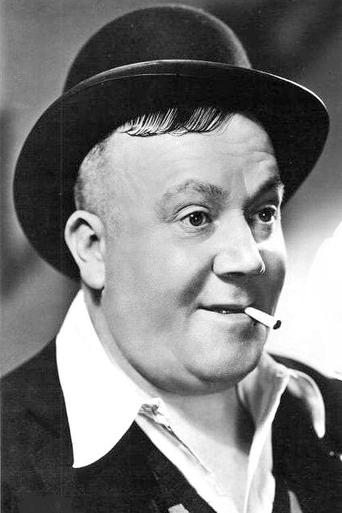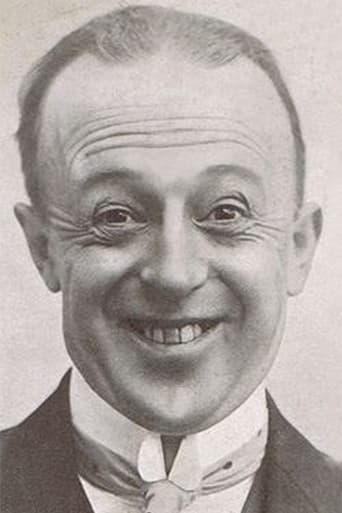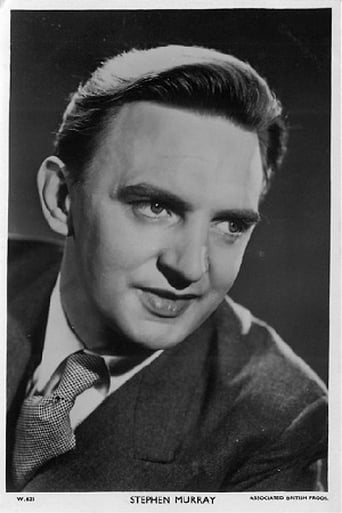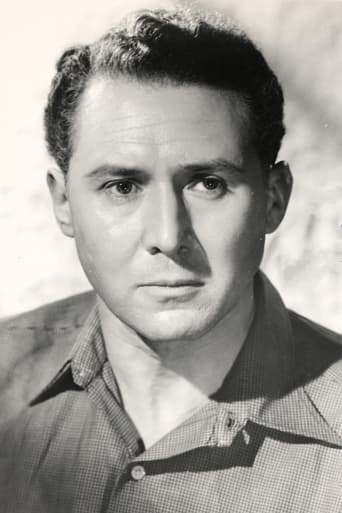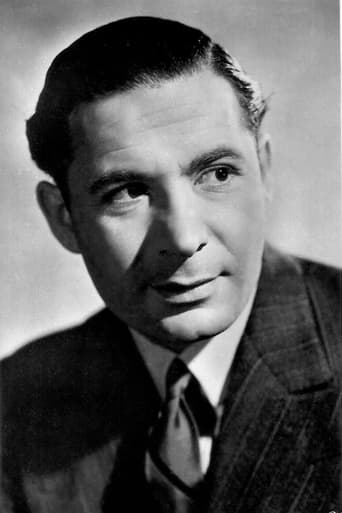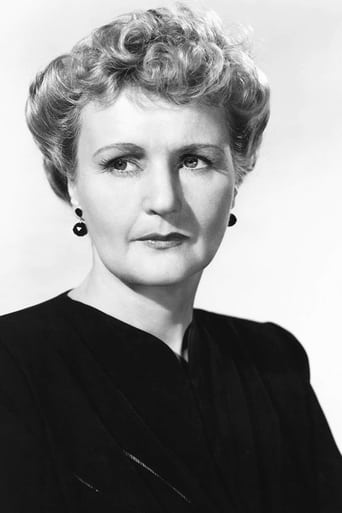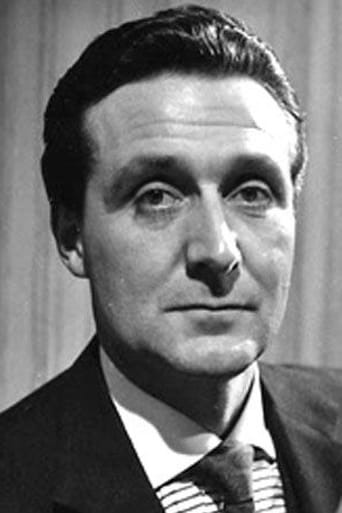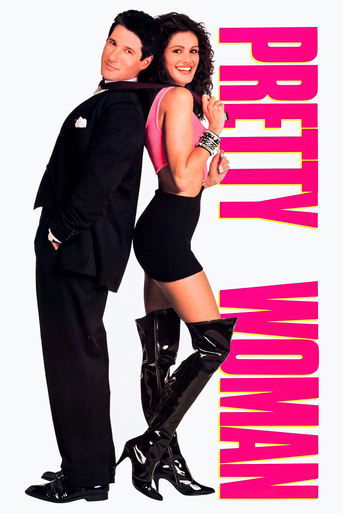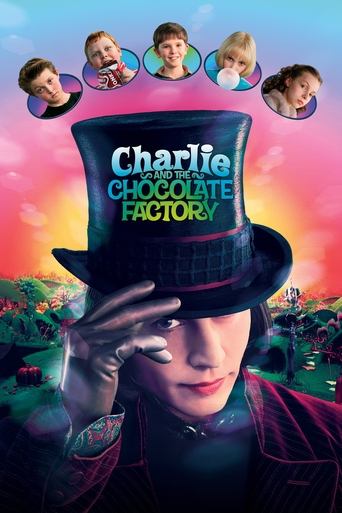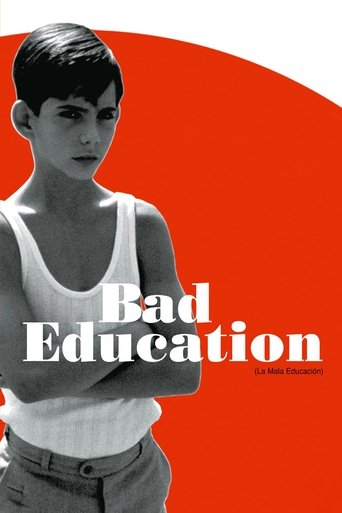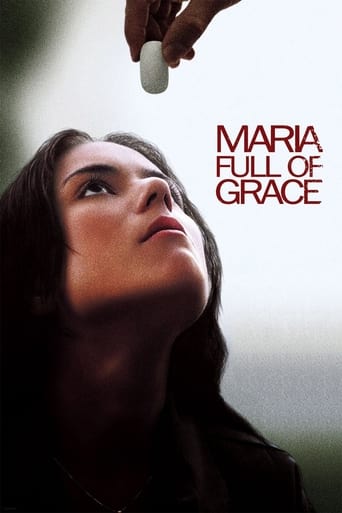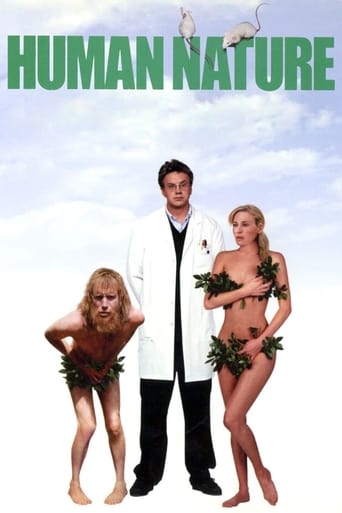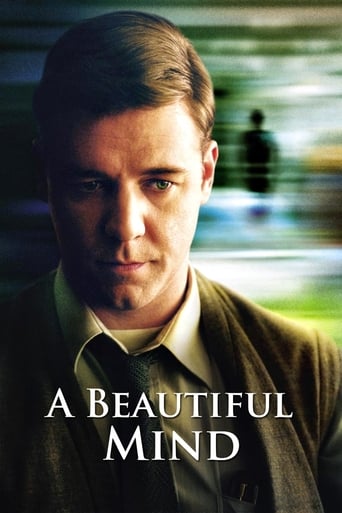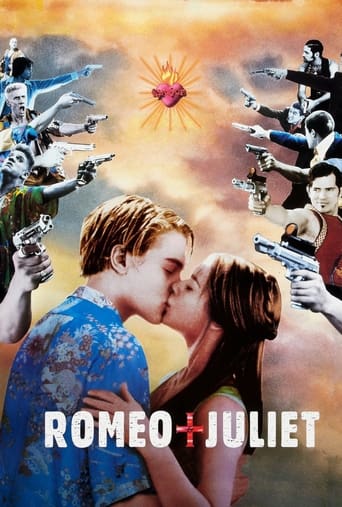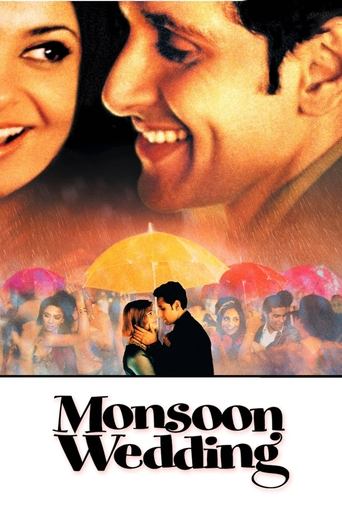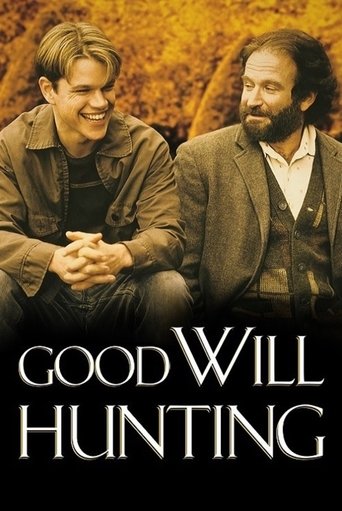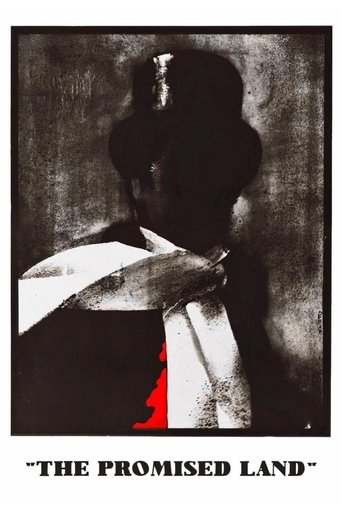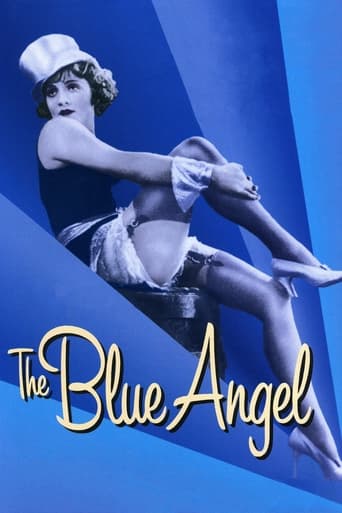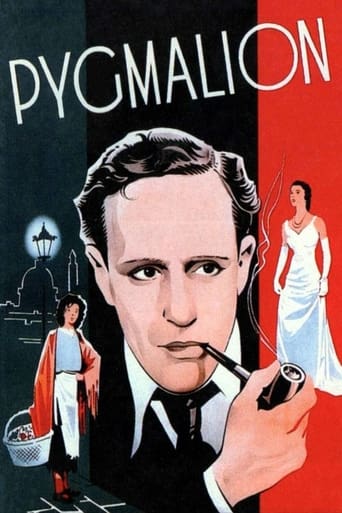
Pygmalion (1939)
When linguistics professor Henry Higgins boasts that he can pass off Cockney flower girl Eliza Doolittle as a princess with only six months' training, Colonel George Pickering takes him up on the bet. Eliza moves into Higgins's home and begins her rigorous training after the professor comes to a financial agreement with her dustman father, Alfred. But the plucky young woman is not the only one undergoing a transformation.
- Leslie Howard
- Anthony Asquith
- Hazel Wilkinson
- Teddy Baird
- Cecil Lewis
- George Bernard Shaw
- George Bernard Shaw
- W.P. Lipscomb
- Carl Mayer
- George Bernard Shaw
- Ian Dalrymple
Rating: 6.985/10 by 137 users
Alternative Title:
Country:
United Kingdom
Language:
English
Runtime: 01 hour 36 minutes
Budget: $350,000
Revenue: $0
Plot Keyword: bet, professor, bath, transformation, tea, etiquette, elocution, based on play or musical, teacher, teacher student relationship, high society, guttersnipe, pygmalion, flower vendor, social class, class system, social reception, mother son relationship, speech lessons, taken for granted, phonetics, quick learner
Even though it was made some 25 years, or so, before "My Fair Lady" it still takes a few minutes before you get used to the fact that it has no singing... Once that has been established, we can enjoy a witty and pithy observation of class and superficiality that raises both smiles and heckles in equal measure. Leslie Howard is great as the somewhat snobbish phonetics expert ("Prof. Higgins") who bets his pal "Col. Pickering" (Scott Sunderland) that he can take the gutturally linguistic flower girl "Eliza" (Wendy Hiller) and pass her off as a duchess to the highest of society. Hiller is super, too. She takes the role of the reluctant, naive but strong willed and savvy street seller by the scruff of the neck and before long we see that the Professor has more than met his match! His housekeeper "Mrs. Pearce" (Jean Cadell) has a go at umpiring now and again and there is a scene stealing performance from Esme Percy as the even more pompous "Count Karpathy" who is the one person "Higgins" fears may be able to rumble his deception. Right from the raucous and hilarious bathing scene, it sets off at quite a pace swiping relentlessly at the British societal system - ribbing snobs and workers alike as Bernard Shaw's story is transferred to celluloid in a way that (hopefully) the author would have appreciated too. I can't say I liked the ending of the play and I don't really much care for the ending here, either - but boy, it's one hell of a journey demonstrating creative skill at just about every turn.

